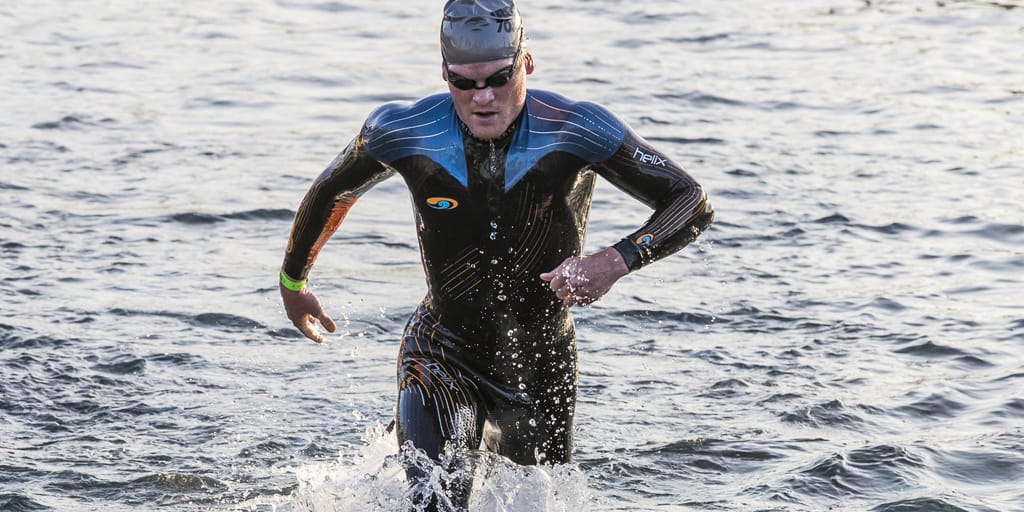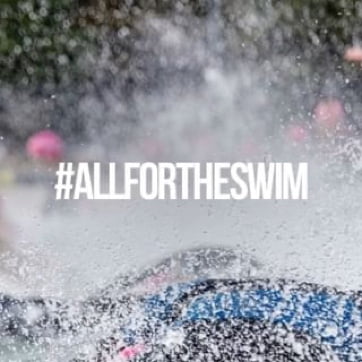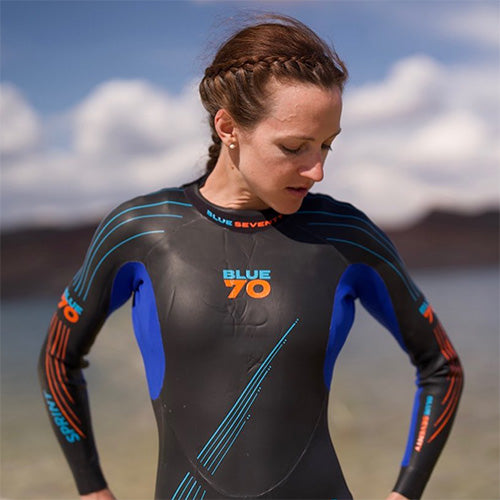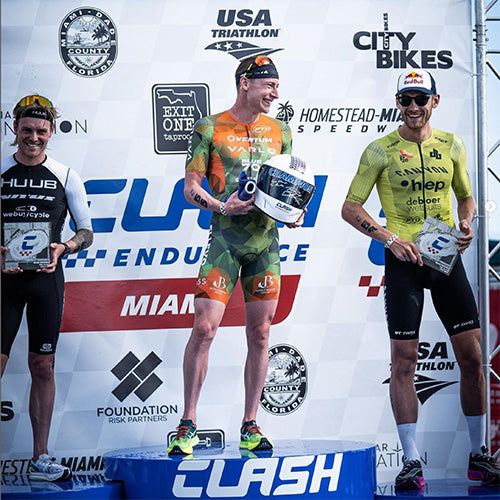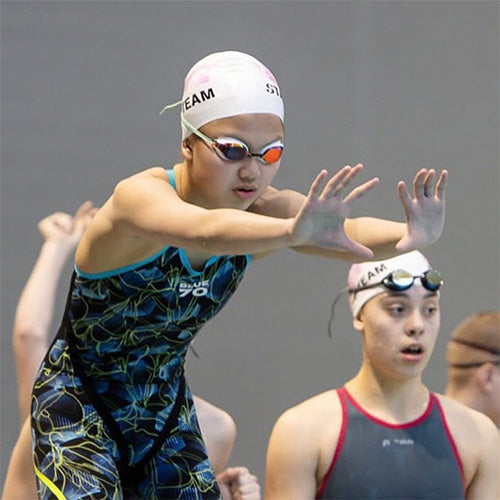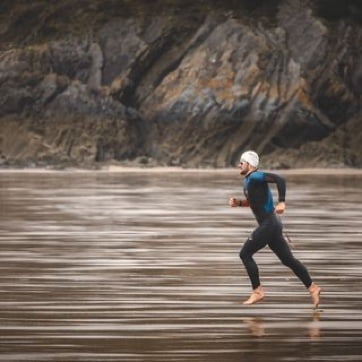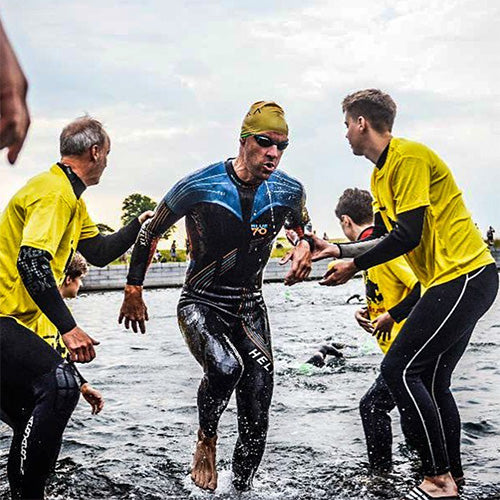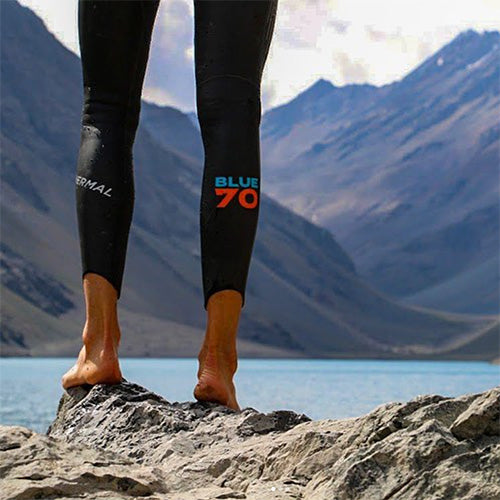In June, professional triathlete Eric Lagerstrom was competing for the win at the Escape from Alcatraz Triathlon and found himself in incredible pain and not able to complete the run. Turns out he had a broken foot. Amazingly, two months later he won IRONMAN Steelhead 70.3 and followed that up with a win at IRONMAN Santa Cruz 70.3 in September. What is the mindset and physical regimen required to turn a broken foot into victory; to turn injury into opportunity?
Ignore the signs from your body long enough, push through the pain, refuse to miss a workout and sooner or later you won’t be able to deny it any longer; your training and racing will suffer. You’re injured. Every endurance athlete that has experienced injury has surely felt anger and depression set in. You’ve sacrificed and trained so hard and now this? It doesn’t seem fair. You tell yourself you’ll only do part of the workout because skipping it completely is out of the question; after all the pain isn’t that bad. It’s only when you accept that you have an injury that you can begin to move forward and if you follow the advice of Lagerstrom, you can actually become a stronger, better athlete.
"Injuries suck, but I always look at them as an opportunity
for improvement. A chance to reevaluate, fix something
that was lacking, and ultimately be better than I would
have been otherwise."
We caught up with Eric to find out how he went from the devastation of not being able to win his favorite race, Escape from Alcatraz, to storming back two months later to win back to back 70.3 races.
"I think I probably had a stress reaction in the metatarsal after Oceanside 70.3, but I hadn't ever experienced a stress fracture, so I wasn't sure if it was that, or just more phantom nerve pain, which is an issue I've been dealing with for the last few years. I raced Escape Huntington Beach and St. Anthony's on back to back weekends a few weeks later, and I think that really put the nail in the coffin. I was able to run off and on, utilizing a treadmill and and AlterG treadmill before Alcatraz, but I knew the barefoot run on asphalt to T1 was going to be a big stretch.. It's my favorite race of the year, and I was in awesome shape, so I had to go for it though. If it wasn't fully broken before that, it snapped before I got on my bike. The pain was unbearable once my foot was no longer numb from the cold water."
Eric experienced a stress fracture in his second metatarsal, and also a stress reaction in the bone directly adjacent to it. The break was all the way through the metatarsal, but he was fortunate that the fragments hadn't shifted, so it was a shorter recovery time than it could have been.
“An injury is an inevitable part of sport, we just try to minimize how often they happen. However, when they do, it's a galvanizing experience, and one I believe can be turned into a positive. The broken foot at Alcatraz was definitely the most difficult injury I've dealt with. Not in terms of healing, but rather mental well-being. It made me question my love for the sport for a few days. It can be a roller coaster ride. Highs, lows, extreme effort, sometimes paying off, sometimes not. To ultimately decide I love the sport enough to go through yet another injury recovery process, and to come back with a commanding win at my second ever 70.3; that is a very special experience and one that will bring me strength the next time I'm in this position. I strongly believe every time that you're presented an opportunity to quit, and you don't, it makes you stronger than you would be had there been no challenge at all.”
Have the injuries you've dealt with and overcome shaped and/or changed your training?
“Yes, I've become much more forgiving with myself when I feel like I need to chill on a session or skip it if injury is a risk. I used to just forge on no matter what, until I literally couldn't walk.”
Do you have a regular strength training routine?
“Yes. I've had my phyiso in Portland, Chris Ramsey, build out a very specific routine tailored to my weaknesses and he modifies it as needed. We keep a continual dialogue and as I feel new things, and discuss what may be limiting me, Chris modifies my plan.”
What advice do you have for age group triathletes regarding strength training/mobility?
“Find a physio/strength coach that understands the pitfalls triathletes tend to fall into. Get to know them, discuss what you feel when you train, and develop your body awareness. If you feel like your right knee isn't strong when you run, they can probably assess why and address it, but you have to bring the issue up.”
One thing that makes Eric unique among professional triathletes are his incredible self-produced videos. The Overland Triathlon, for instance, is simply Eric asking a few good buddies to join him on a triathlon "adventure" in the woods outside Mt. Hood National Forest in Oregon. No set distances. No usual order of events. No rules on equipment. Just a bunch of guys having fun doing triathlon.
“TransitionFour.TV is purely for watching videos, no ads, no cat videos. It's a very pure experience. Transition-Four.com is more experimental, as I am continually adding all kinds of triathlon articles and content. I want pros to have more of a unified voice, and a place for fans to go see what they have to say.”
What advice would you have for age group triathletes trying to improve their swim?
“Get into the process of improvement. It's frustrating, and I'm not perfect at staying positive, but when I focus on my stroke and making sure I never "go to sleep", the workouts fly by.”
Do you spend time focusing on technique or did growing up swimming with a competitive swim team instill good technique to the point you don't have to continually focus on technique?

“I focus on my technique literally every stroke of every swim. I'd go out of my mind with boredom otherwise, and I really buy into the mindset that 10,000 hours to mastery only comes from 10,000 hours of intentional practice, not mindless exercise.”
During the season, how much do you swim?
“5 days a week if my last race was good, 6 if it wasn’t. I swim on average 5,000-6,000 meters a day.”
Do you have a favorite swim workout?
“I like sets with paddles. Starting with a buoy, paddles, and slowing discarding the toys through a 3k set, while maintaining body position and pressure on the water.”
When you train in the open water, do you do any specific drills or efforts?
”Yes, I like group swimming with race pace efforts.”
Why do you like blueseventy products?
“They just work! There are no gimmicks or fancy marketing, they feel freaking awesome, and the people behind the company are rad. It’s a blue-collar company just trying to help everyone enjoy swimming as much as possible. I’m all about that.”
Any final thoughts for our readers?
“Love the process, love the sport and hold on to that. It will get your through all the hard times that you may encounter along the way. Just focusing on an end result won’t be enough.”
You can follow Eric's journey in multisport on his website and Instagram.


